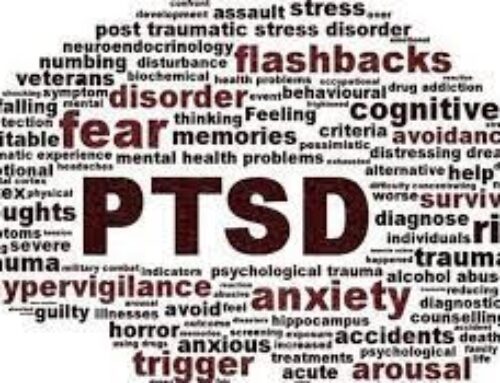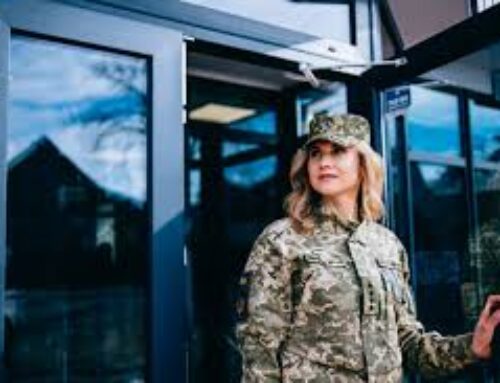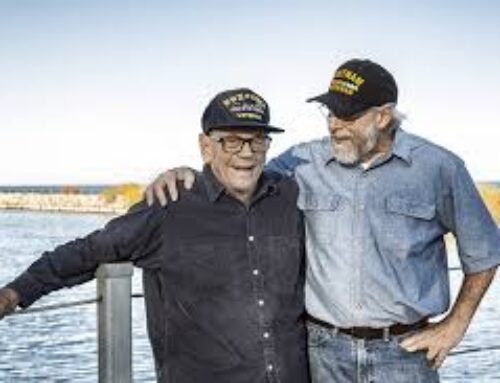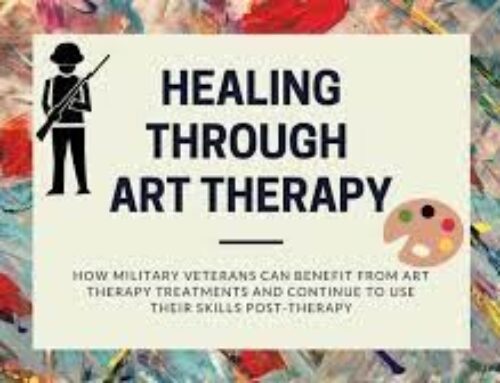Helping Homeless Veterans: Recognizing the Signs and How to Provide Assistance
Veteran homelessness is a persistent issue that affects the lives of those who have served our country. The plight of homeless veterans is not just a statistic — it is a pressing human concern that requires immediate attention and effective solutions. According to the U.S. Department of Veterans Affairs (VA), on any given night in 2023, there were over 30,000 homeless veterans in the United States. Understanding the magnitude of veteran homelessness, recognizing the signs, and knowing how to provide help for homeless veterans and their families are crucial steps in addressing this issue.
The Reality of Veteran Homelessness
Homeless veterans are individuals who have served in the armed forces and find themselves living on the streets, in shelters, or in temporary housing. This situation drastically affects their physical and mental health, making it a multifaceted issue. The causes of veteran homelessness range from a lack of affordable housing and job opportunities to mental health issues and substance abuse. Homeless veteran services — like those provided by the VA — aim to address these needs comprehensively.
The impact of homelessness on veterans cannot be overstated. It leads to increased risks of chronic diseases, mental health disorders, substance abuse, and even suicide.
Recognizing the Signs of Veteran Homelessness
Identifying homeless veterans can be the first step in providing help. Signs may include:
- Lack of permanent residence or frequent moves
- Physical appearance that suggests a lack of access to regular hygiene facilities
- Carrying all possessions or storing them at various locations
- Reluctance to talk about current living conditions
To dispel common misconceptions, consider reading “Myths and Misconceptions About Homelessness”.
How to Provide Assistance
Providing help for homeless veterans involves both direct and indirect actions:
- Educate Yourself and Others: Understanding the root causes and challenges of veteran homelessness is crucial. Learn about the resources available and share your knowledge with others. Advocate for veterans’ rights in order to raise awareness and push for policy changes.
- Support Veteran Services: Engage with organizations that offer homeless veteran services, like us at National Veterans Homeless Support. These organizations provide essential support, including housing, healthcare, counseling, and job training. Learn about VA programs and housing for direct support.
- Volunteer and Donate: Your time or donations can make a significant difference. Consider volunteering at local shelters or organizations dedicated to ending veteran homelessness. Financial contributions can also support the essential services these organizations provide.
- Employment Opportunities: If you’re an employer, consider providing job opportunities to veterans. Stable employment is a key factor in ending veteran homelessness.
- Community Support: Community plays a pivotal role in supporting veterans. Engage in or initiate community projects that include and support veterans.
Helping homeless veterans requires a collective effort. By recognizing the signs of homeless veterans, understanding the resources available, and taking active steps to provide assistance, we can make a significant difference in the lives of those who have served our country. Let’s work together toward ending veteran homelessness, and ensuring dignity, care, and support for our veterans.
National Veterans Homeless Support seeks to eliminate homelessness among veterans in Central Florida and nationwide. NVHS takes a proactive, intervention-based approach to homelessness by meeting homeless veterans where they are and helping them from there. Through programs such as Search and Rescue Outreach, NVHS helps homeless veterans get the supplies they need to survive, connects them with support and resources, and helps them transition off the streets and into temporary or permanent housing. Some of our programs also include art therapy to help veterans heal. If you’re able, consider supporting our mission by donating or signing on as a volunteer.





